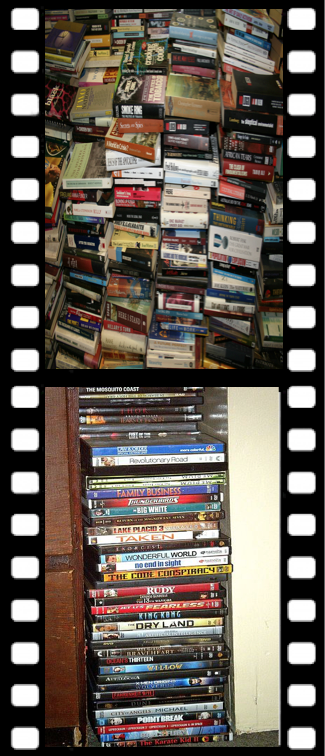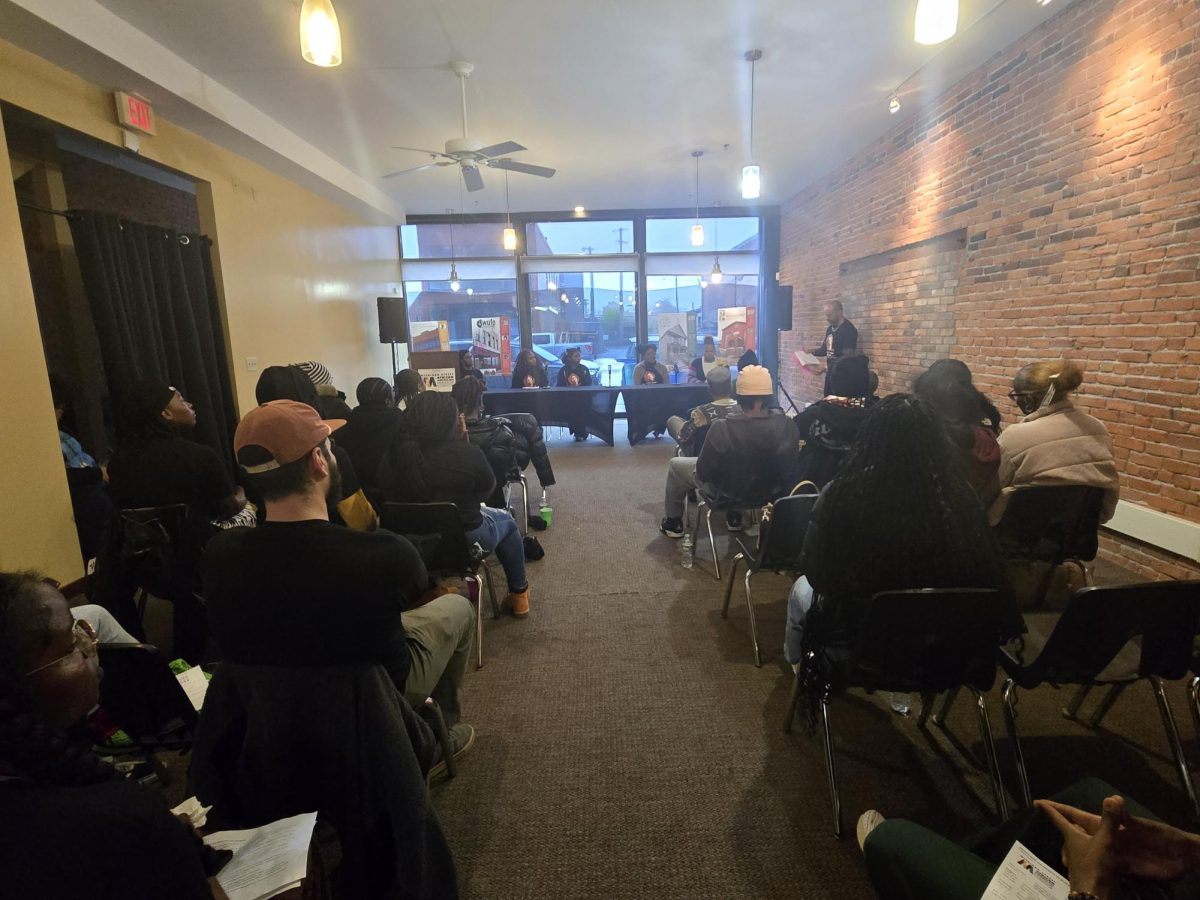Books remain more captivating than their movie adaptations
April 14, 2018
Everyone loves a good movie, whether it’s the clichés of a romantic-comedy or the intense rush of an action movie. However, some movies receive a great deal of criticism because they cannot live up to the book they were based on. Despite great books taking the leap off the page and onto the big screen, do their film counterparts remain as captivating as their literary predecessors?
In Stephen Apkon’s book, “The Age of the Image”, he discusses how sight is one of the most important senses because it is the most in tune with the reality around us. However, one thing that he states in the beginning of the third chapter is that people react more with a movie than they do with a book.
This may be true but only for a different reason than he describes. He writes, “There is a physiological reason that we laugh out loud more readily at a funny movie than a comedic novel: it is because our visual pathways are tapped more directly into the inner, “reptilian” core of the brain that houses pleasure-reward centers and that govern our basic responses.”
I have to say that throughout my life, books have always been better than certain films because with a book, a person feels something towards a character but that leaves a lasting mark. Often times with a movie, that feeling goes away once you’ve either left the theatre or moved on to something else in your Netflix queue. During my sophomore year of high school, I read the novel, “The Devil Wears Prada”. I had already seen the movie but didn’t really have any empathy or hatred towards the character until I read the book.
I distinctly remember wanting to stop reading because of the horrific treatment that the heroine of the book, Andrea “Andy” Sachs was put under by her horrendous boss, Miranda Priestly. Meanwhile, after I finished the book, I re-watched the movie and those same feelings weren’t there.
As I was watching the movie, I slowly found that I wasn’t getting the same satisfaction of watching Andrea quit working for Miranda or the same adrenaline rush from reading about some of the inhumane and often impossible tasks that she was given that are seen in the movie as I did in the book; one primary reason for this is that the ending was changed.
Apkon seemingly forgets is that many movies are much different from their literary counterparts, thus forcing us to have a different reaction than could be expected from a book we read. The most famous example of this would be the Roald Dahl classic, “Charlie and the Chocolate Factory”, and its film counterpart Willy Wonka and the Chocolate Factory.
While the book is an amazing piece of literature, the movie is remembered much more for its lighthearted feel as well as the films’ famous song, Pure Imagination as well Wonka’s quick though dry wit. On this point, Apkon is wrong because all films do capture a person’s attention more than a book, but only because that is the way they are crafted.
However, it can also depend on how certain source material is done. Sometimes, doing a verbatim copy of the book can appear like some demented horror film, as witnessed by the 2005 adaptation of Charlie and the Chocolate Factory, directed by Tim Burton. Known for his dark, though whimsical tones, Burton’s adaptation can leave viewers feeling as though they just watched the indifferent nightmares of Willy Wonka. But, the movie uses many of the same lines from the novel but comes across much differently than can be expected.
Character adaptation is also a prevalent part of this as certain characters can maintain their personas but be placed in an alternate version of their story. The live-action 101 Dalmatians with Glenn Close is more than proof of this. Close portrays Cruella DeVil as the owner of a fur fashion designer, who plots to design a Dalmatian fur coat, but is foiled by the dogs at a farm instead of a the car chase at the end.
In the end, books can be a much better source of entertainment because you can read them as many times and you can have the same reactions with them. When you watch a movie, you really don’t feel the same way because you know all the parts that captured your attention. It seems that a books’ effect on the movies we watch is a good means of interpreting just how good they are.





